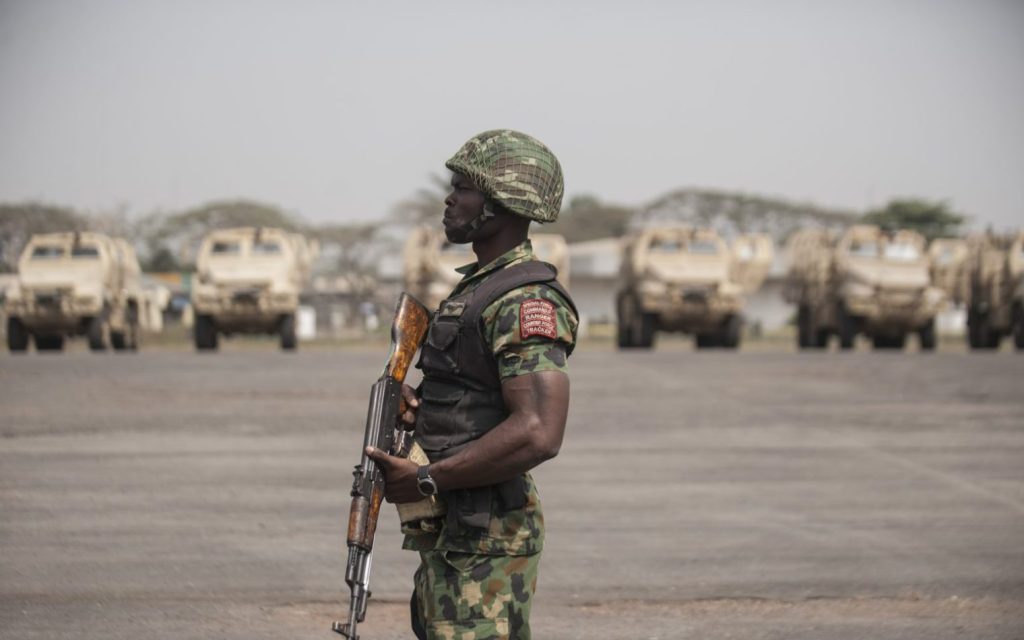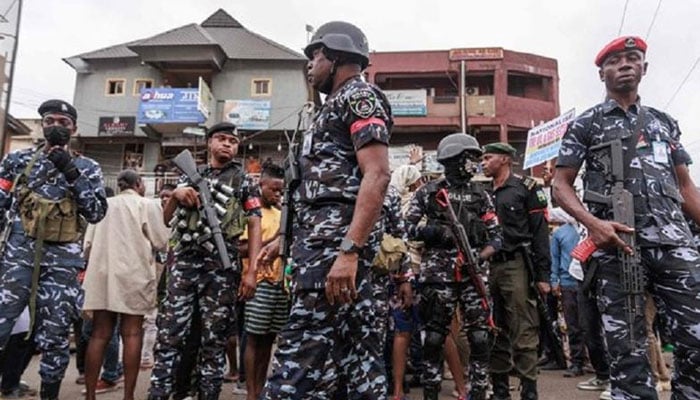The bombing at a teahouse in Kawuri village, northeast Nigeria, occurred on Wednesday evening around 8:00 pm, resulting in 19 fatalities and 27 injuries. This tragic incident, confirmed by security sources and anti-insurgentmilitia members, is one of the deadliest in recent years in the region, where insurgent violence had been declining.
The attack was reportedly carried out by a suicide bomber, although no group has claimed responsibility. Both Boko Haram and the Islamic State West Africa Province are active in the area.
In response to the bombing, Borno State’s governor declared a 24-hour curfew, which coincided with nationwide protests over the cost of living crisis. The Nigerian military has not yet confirmed the incident.

This teahouse bombing comes just weeks after a similar attack in Borno State’s Gwoza area, which killed 32 people. Although large-scale bombings have become less frequent since the Nigerian military reclaimed territory from militants in 2014, terrorists continue to execute ambushes, roadside bombings, and kidnappings from rural hideouts.
Addressing insecurity has been a priority for President Bola Ahmed Tinubu, who has been in office for over a year. The Nigerian armed forces are also combating heavily armed gangs in the northwest. Since 2009, the conflict in northeast Nigeria has resulted in over 40,000 deaths and displaced two million people. Additionally, hundreds of thousands have been displaced in the northwest and central states due to gang-related violence and mass kidnappings for ransom.


